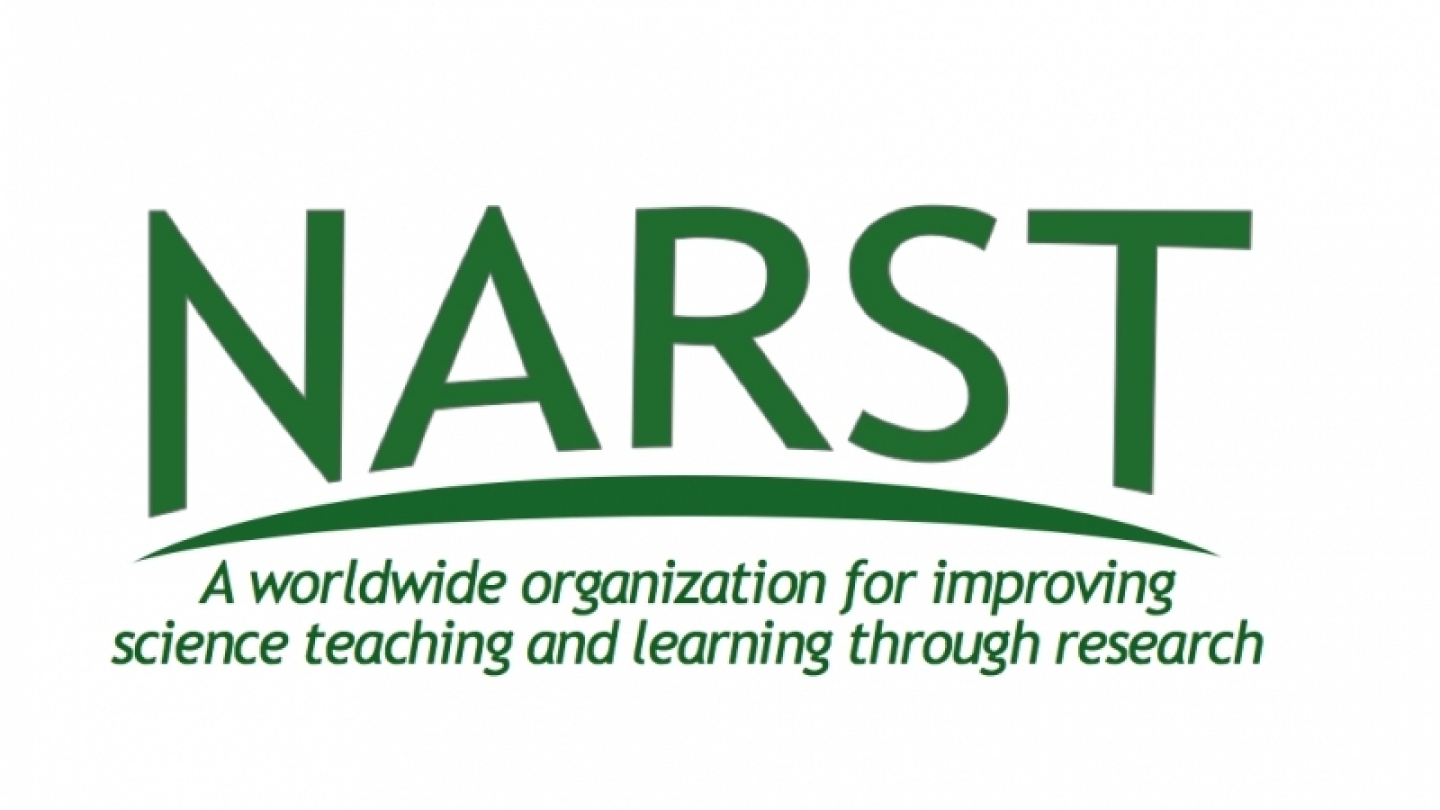
Tim Klavon, Noelle Luccioni, Amity Gann, and Shondricka Burrell, all doctoral students in the science, mathematics, and educational technology PhD program, presented their work to showcase their progress on their dissertations at the annual NARST conference on March 10-12. NARST is an national association whose mission is to advance research in science teaching and learning. Each student is contributing to a growing body of research to help future science educators better reach their students through innovative and evidence-based teaching practices.
Tim Klavon's research focused on the alignment between how high school students discuss their understanding of science concepts and what that looks like in their written scientific explanations. Tim's work is an expansion of his dissertation proposal and includes methods of comparing audio recordings of students' work in groups and their written expressions of those same tasks.
As a Sandra K. Abell Fellow, Noelle presented about her work on students' perceptions of teachers' self-efficacy in science and science teaching. Teacher self-efficacy entails how teachers' views and opinions of their own abilities influence students' ability to learn and achieve, especially in academic areas of need, such as math and science.
Amity Gann's presentation focused specifically on how novice teachers notice and respond to student ideas in science. Her presentation, entitled "Development of Noticing Skills in Preservice Science Teachers," examined how these skills can be developed in teacher residency programs.
Shondricka Burrell's research has focused on the use of the Model-Evidence-Link Diagram model to help middle, high school, and college students to develop critical thinking skills surrounding their work as future scientists. Specifically, she has looked at the importance of building students' confidence in their identities as scientists through making science more relevant and pervasive for them. Shondricka's work has focused on helping students use their knowledge of the scientific process and models to critically evaluate current scientific issues as they presented across a variety of mediums.
